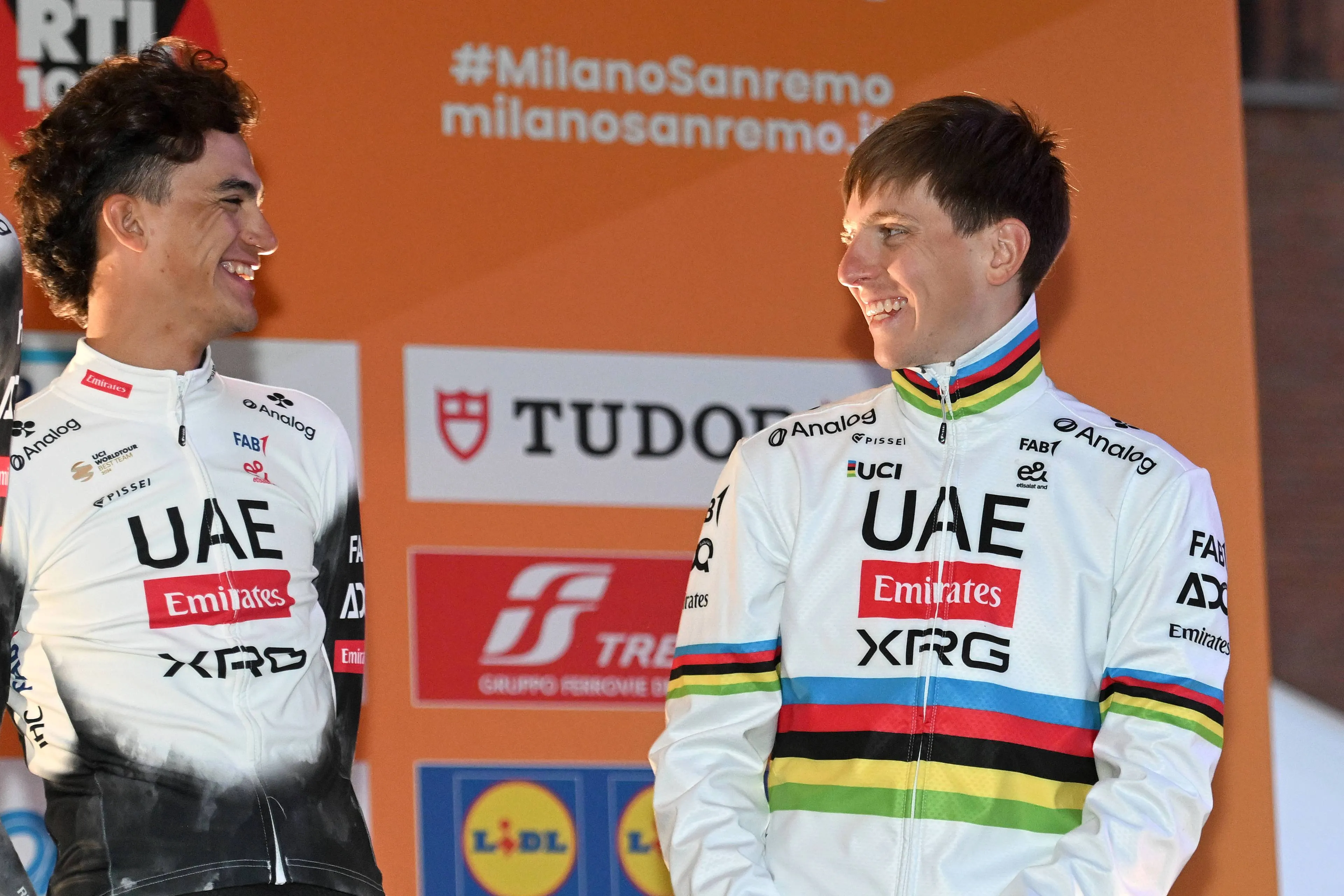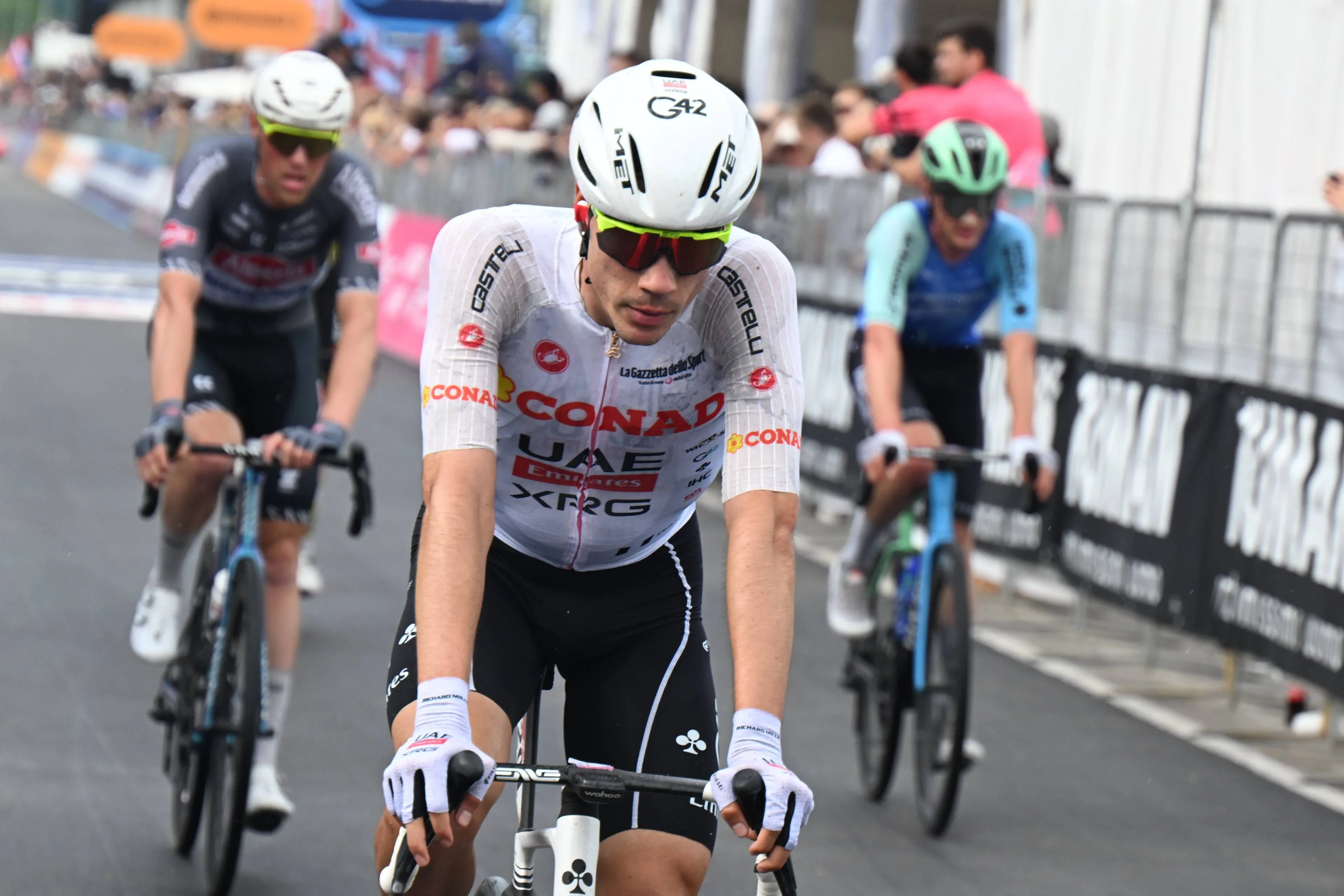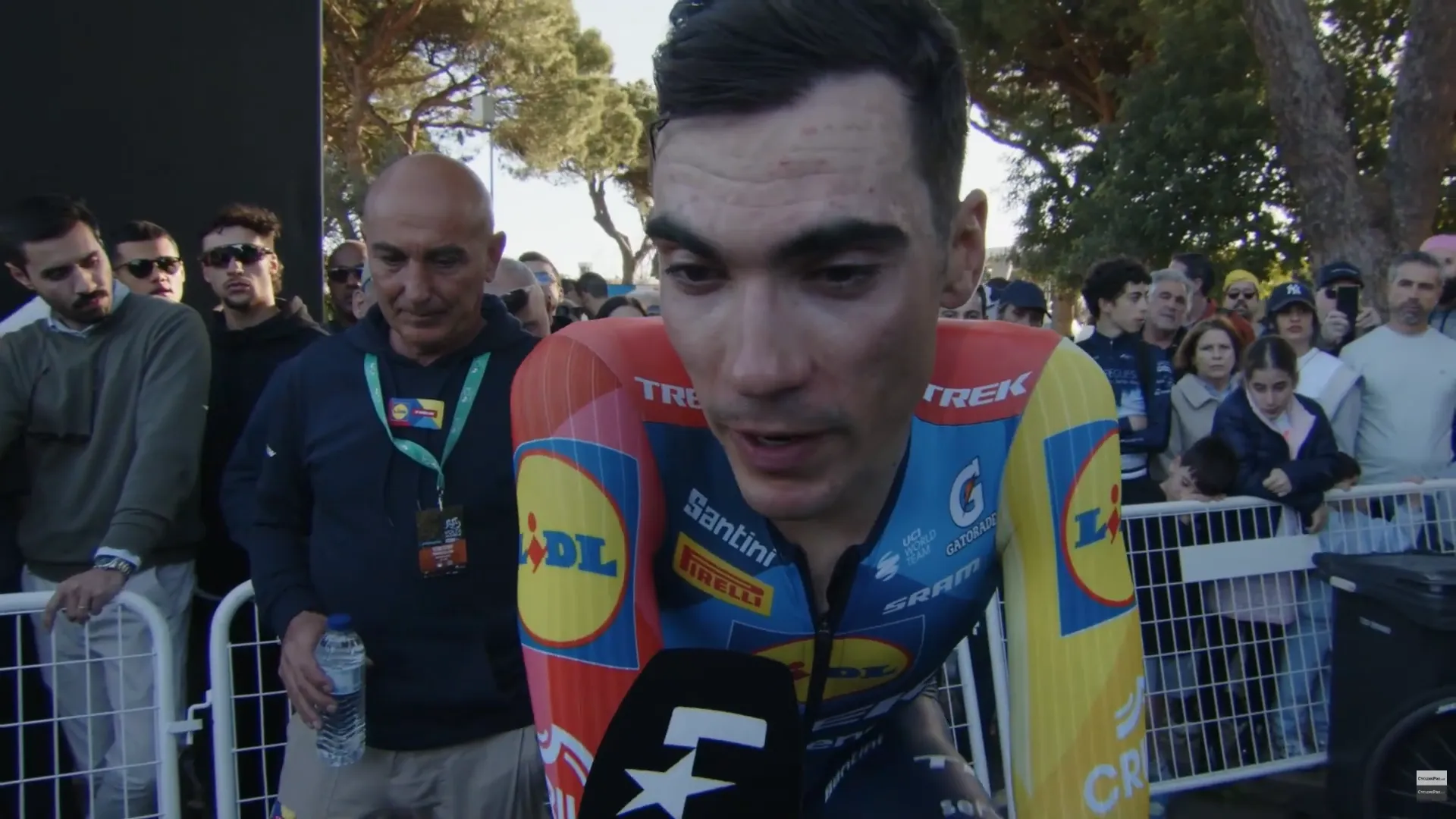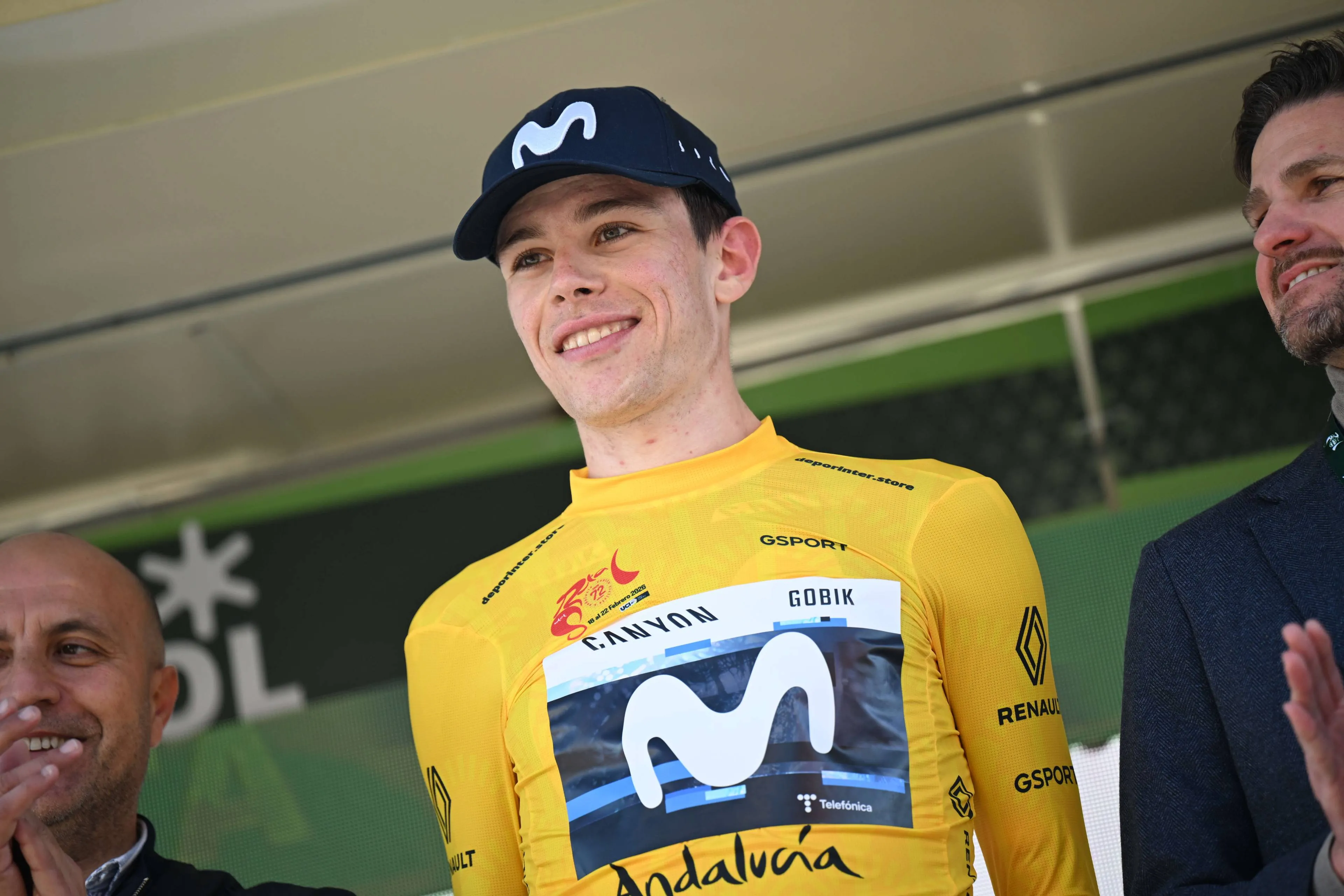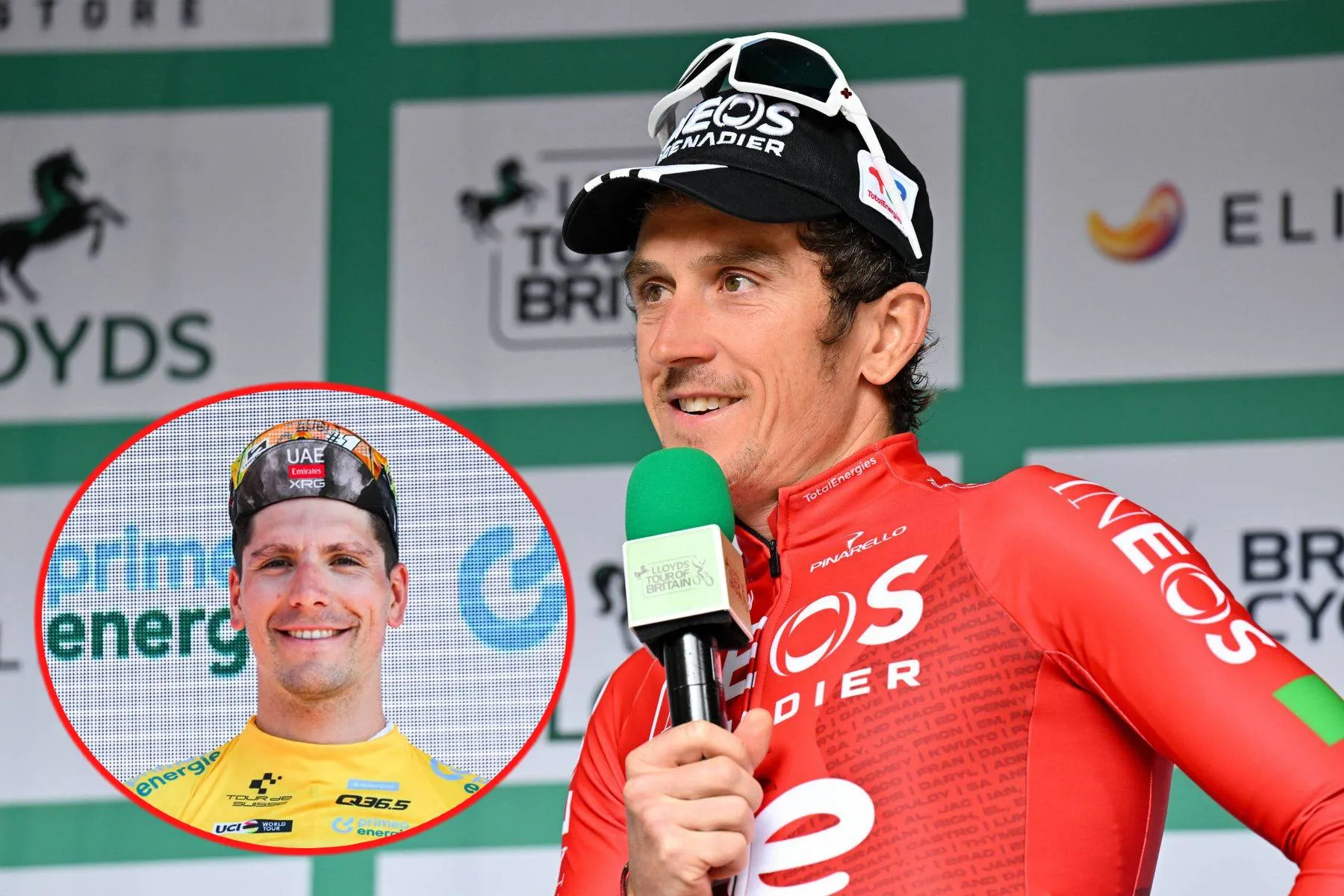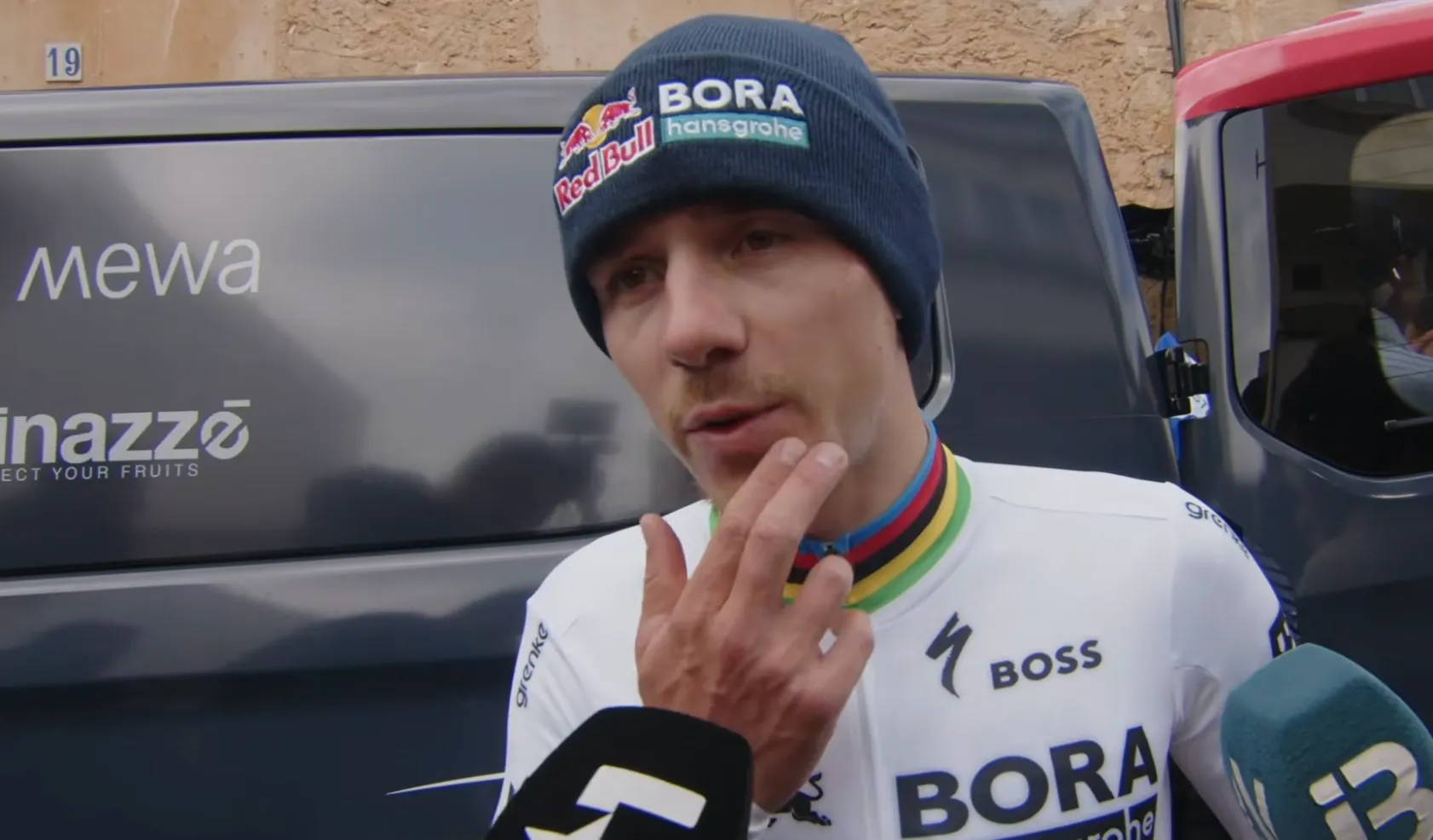"It has procedures comparable to Formula 1" - Says the organisers of the Vuelta a Espana
CyclingThursday, 29 May 2025 at 12:45
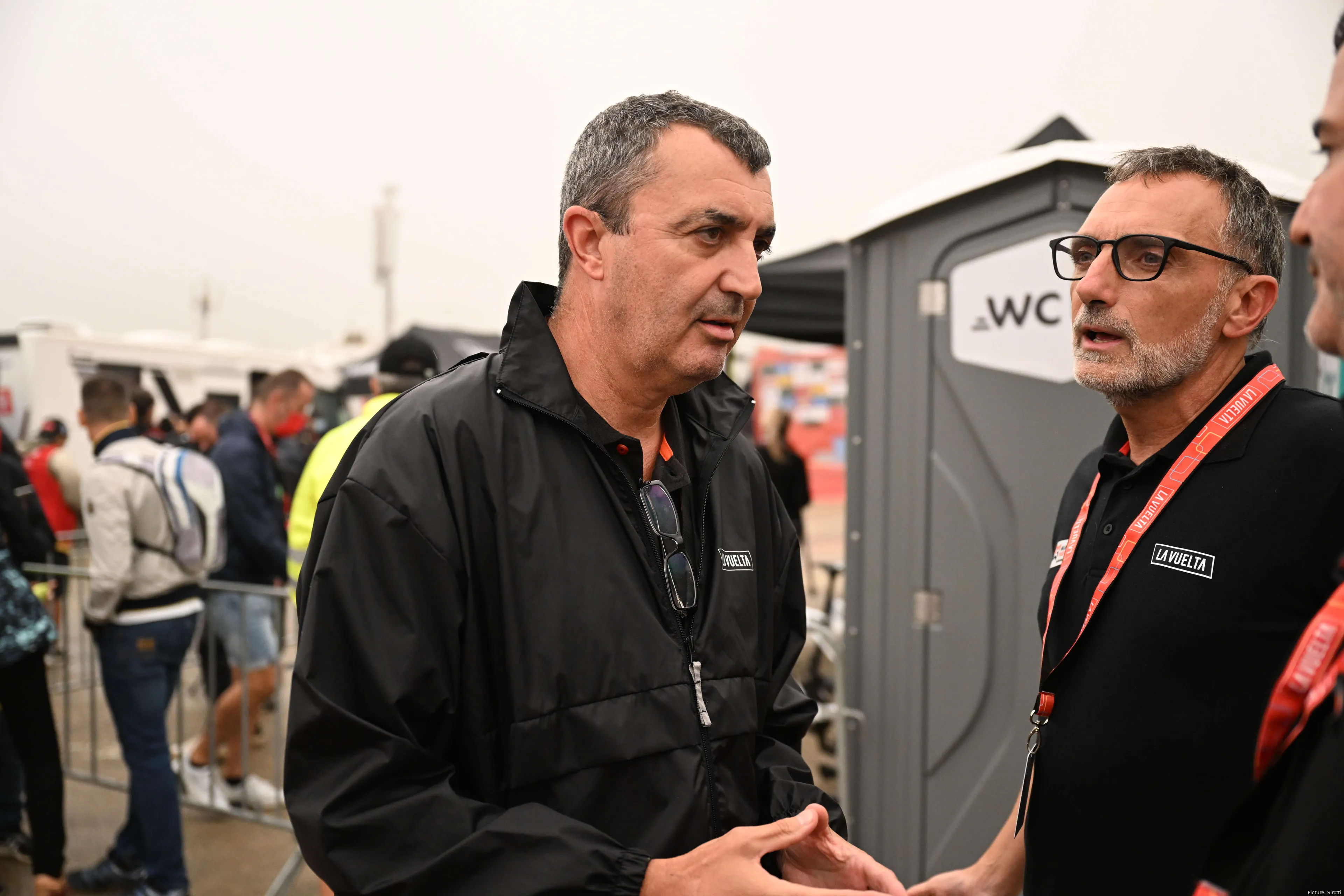
Today was the 'Day in the Senate' of the Vuelta a España, ahead of its 90th birthday. The director of the race, Javier Guillén, addressed the senators to give them an accurate picture of what the race represents worldwide and what it gives to Spain, in statements collected by EFE.
"La Vuelta represents emotion, intensity and surprise; it generates a passion that touches us deeply. It is not just an event, it is a communication tool that gives visibility to millions of people around the world, reaching 190 countries and reaching 400 million viewers."
Read also
On the history of the race he commented as follows, "La Vuelta has gone through three different political systems, was interrupted by the Civil War and the Second World War. It was born thanks to the newspaper Informaciones and in 1935 fifty brave, almost adventurous people started this story."
"We carry the name of each territory through which La Vuelta passes, and through them we build an identity. When we mention the Lakes, everyone thinks of the Lagos de Covadonga; if we talk about the Angliru, even without having been there, we know it's a mythical pass."
Read also
The Vuelta unites Spain
In a country with little coexistence due to its political and social particularity, Guillén speaks of the Vuelta as a nexus of union:
"For me, La Vuelta is an element of territorial connection, the only event capable of reaching any corner, from big cities to small towns. We have finished stages on more than 40 little-known summits, generating a positive impact on both tourism and cycling tourism."
Read also
This is how he continued his speech, "Cycling appeals to us because we understand it: it is a demanding sport of endurance and sacrifice, reserved for those who face the epic. In the grand tours, that epic becomes a story. It is our duty to respect it and pay tribute to it. Let us not forget that there are only three three-week races in the world.
"Today cycling is also a technologically advanced discipline, with procedures comparable to those of Formula 1," Guillén concluded.
claps 1visitors 1
Just in
Popular news
Latest comments
- Mediocre TT for Almeida relative to his usual. Seixas definitely proving he is the real deal here.mobk20-02-2026
- It does not take a genius to know that the intended recipient is Soler but again evidence is circumstantialabstractengineer20-02-2026
- The aircon in his room was not working but it was working in the other teammates rooms right. The team would give the lesser rider that room while Remco their leader, their savior slept peacefully in the arms of the aircon. Sometimes the excuses beggar beliefabstractengineer20-02-2026
- Top 6-10 for him is more realistic than podium but well see if he can stay on the favourites atop double Alpe d'Huez ascent.
 James2631820-02-2026
James2631820-02-2026 - I was going to post the same comment. He just can’t catch a break.Pedalmasher20-02-2026
- Totally agree. This kid has a bright future.Pedalmasher20-02-2026
- The thing is, he never has to worry about his career because he can spend the rest of his life living rent-free in your head.antipodeanpedalfan20-02-2026
- That's true, but you can't count out a resurgence from him later like Vingegaard did in 2025 (although he was 10 seconds behind, not 30)
 Rafionain-Glas19-02-2026
Rafionain-Glas19-02-2026 - Lipowitz ddn't really keep up to the big boys today either.....mobk19-02-2026
- Yes, the guy is no fluke. Even if he fails to improve over the next 15 years he’ll do damage. That young blood is going to keep the establishment working hard.Mistermaumau19-02-2026
Loading
Write a comment
